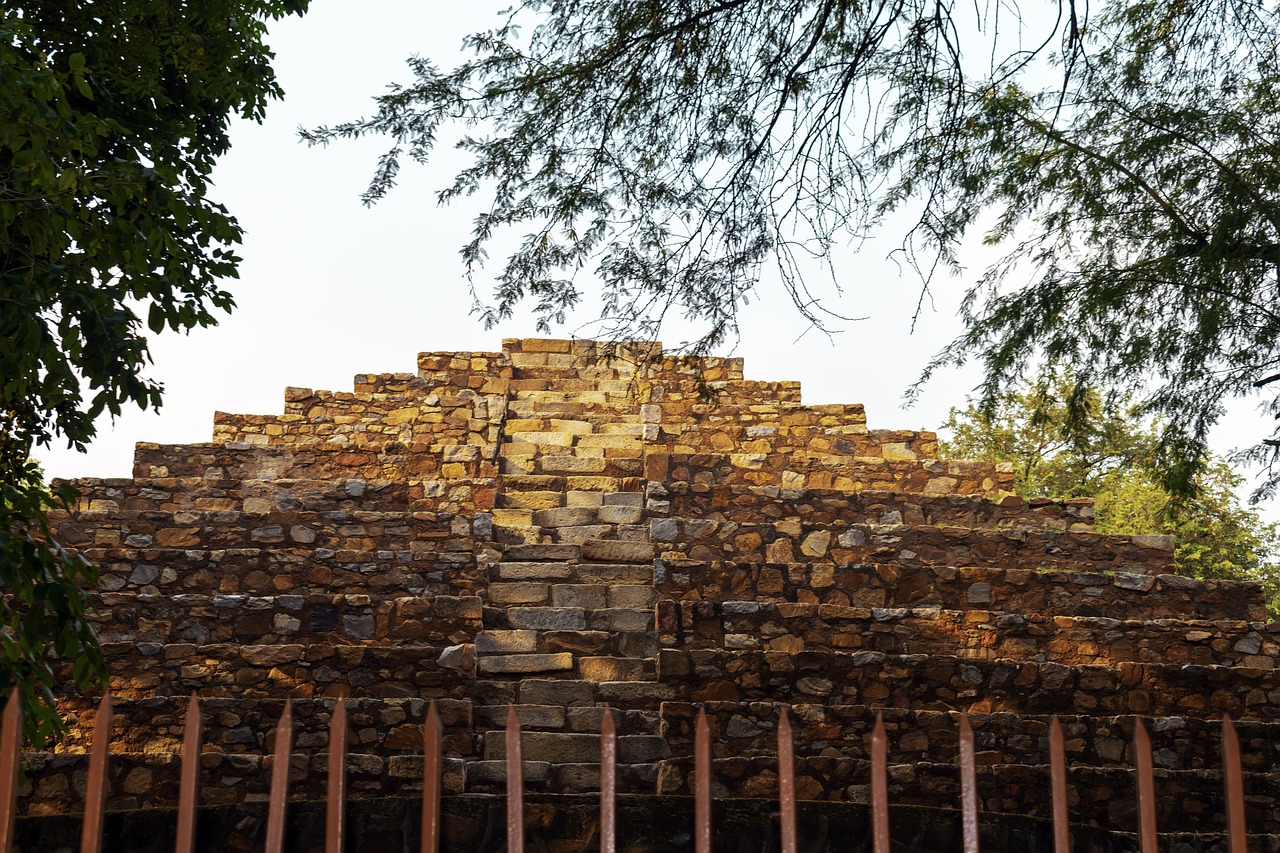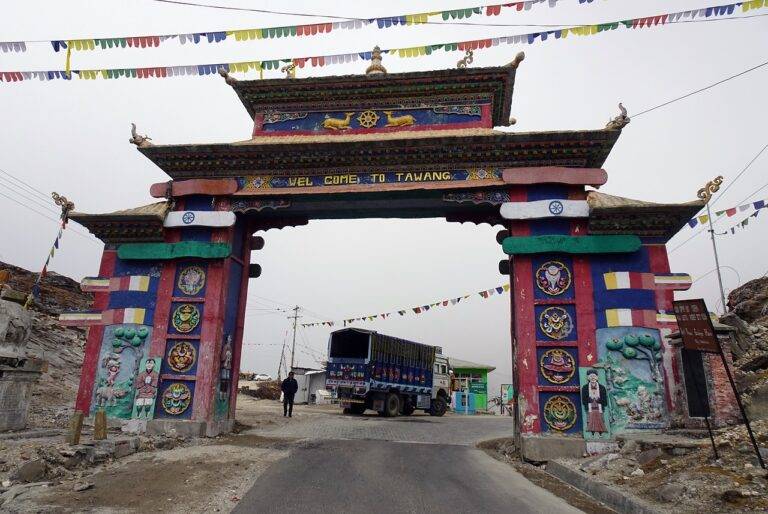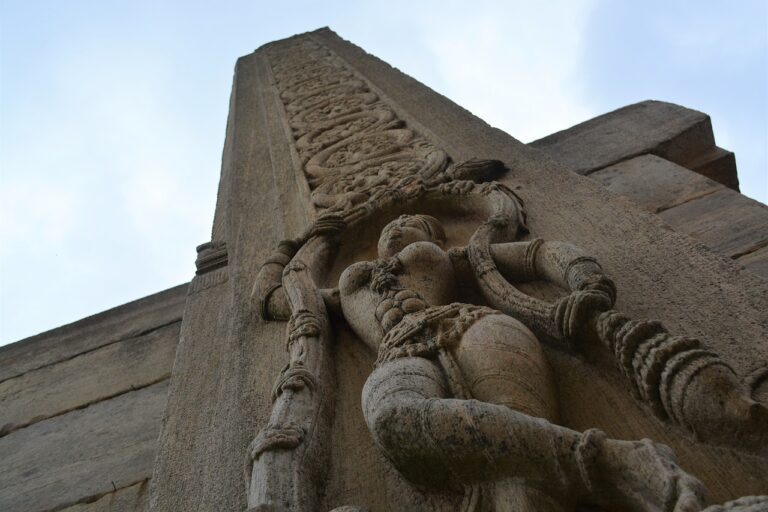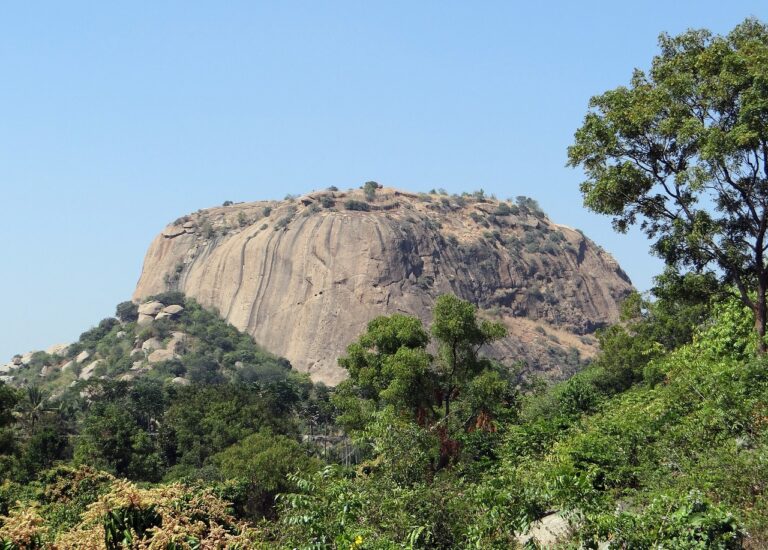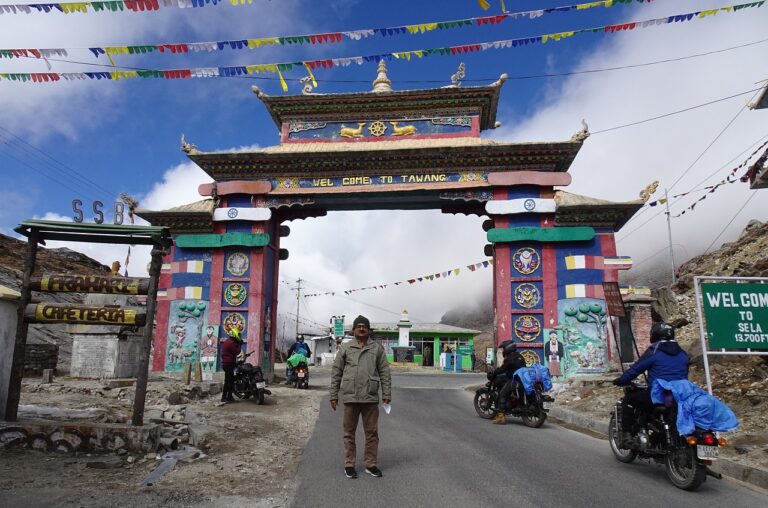Exploring the Role of Independent Fact-Checking in Electoral Integrity: Cricketbets999.com login, 11xplay reddy login, Betbhai 9.com
cricketbets999.com login, 11xplay reddy login, betbhai 9.com: In recent years, the spread of misinformation and disinformation has become a major challenge during elections around the world. With the rise of social media and online news platforms, false information can quickly go viral and influence public opinion. This is where independent fact-checking organizations play a crucial role in maintaining electoral integrity.
What is Fact-Checking?
Fact-checking involves verifying the accuracy of statements made by politicians, candidates, and other key figures during election campaigns. Fact-checkers examine claims and statements to determine whether they are true, false, or misleading. They use a combination of investigative journalism, data analysis, and expert opinions to provide the public with accurate information.
The Role of Fact-Checking in Electoral Integrity
Independent fact-checking plays a vital role in maintaining electoral integrity by holding politicians and candidates accountable for their statements. Fact-checkers help voters make informed decisions by providing them with accurate information about the issues at hand. By debunking false claims and exposing misinformation, fact-checkers help prevent the spread of fake news and manipulation.
Moreover, fact-checkers help build trust in the electoral process by ensuring transparency and accountability. When voters know that there are organizations dedicated to verifying the accuracy of information, they are more likely to rely on credible sources and make informed choices. This, in turn, helps safeguard the democratic process and prevent the manipulation of elections through false information.
Challenges Faced by Fact-Checkers
Despite their important role, fact-checkers face several challenges in their work. One of the biggest challenges is the sheer volume of information being circulated online, making it difficult to keep up with the rapid spread of false information. Fact-checkers also face backlash from those who spread misinformation, leading to attacks on their credibility and motives.
Furthermore, the lack of regulations and standards for fact-checking can undermine the effectiveness of these organizations. Without clear guidelines and oversight, it can be challenging to ensure consistency and accuracy in fact-checking practices.
FAQs
Q: How can I verify the credibility of a fact-checking organization?
A: Look for organizations that adhere to the International Fact-Checking Network’s Code of Principles, which includes standards for transparency, fairness, and nonpartisanship.
Q: Are fact-checkers immune to bias?
A: While fact-checkers strive to maintain objectivity, bias can still influence their work. It’s important to follow a variety of fact-checking organizations to get a balanced perspective.
Q: Can fact-checking prevent all forms of misinformation?
A: While fact-checking is a crucial tool in combating misinformation, it cannot eradicate all false information. It’s essential for individuals to be critical of the sources they rely on and verify information independently.
In conclusion, independent fact-checking plays a critical role in ensuring electoral integrity by debunking false information, holding politicians accountable, and building trust in the democratic process. By supporting fact-checking organizations and advocating for transparency and accountability, we can help safeguard the integrity of elections worldwide.

